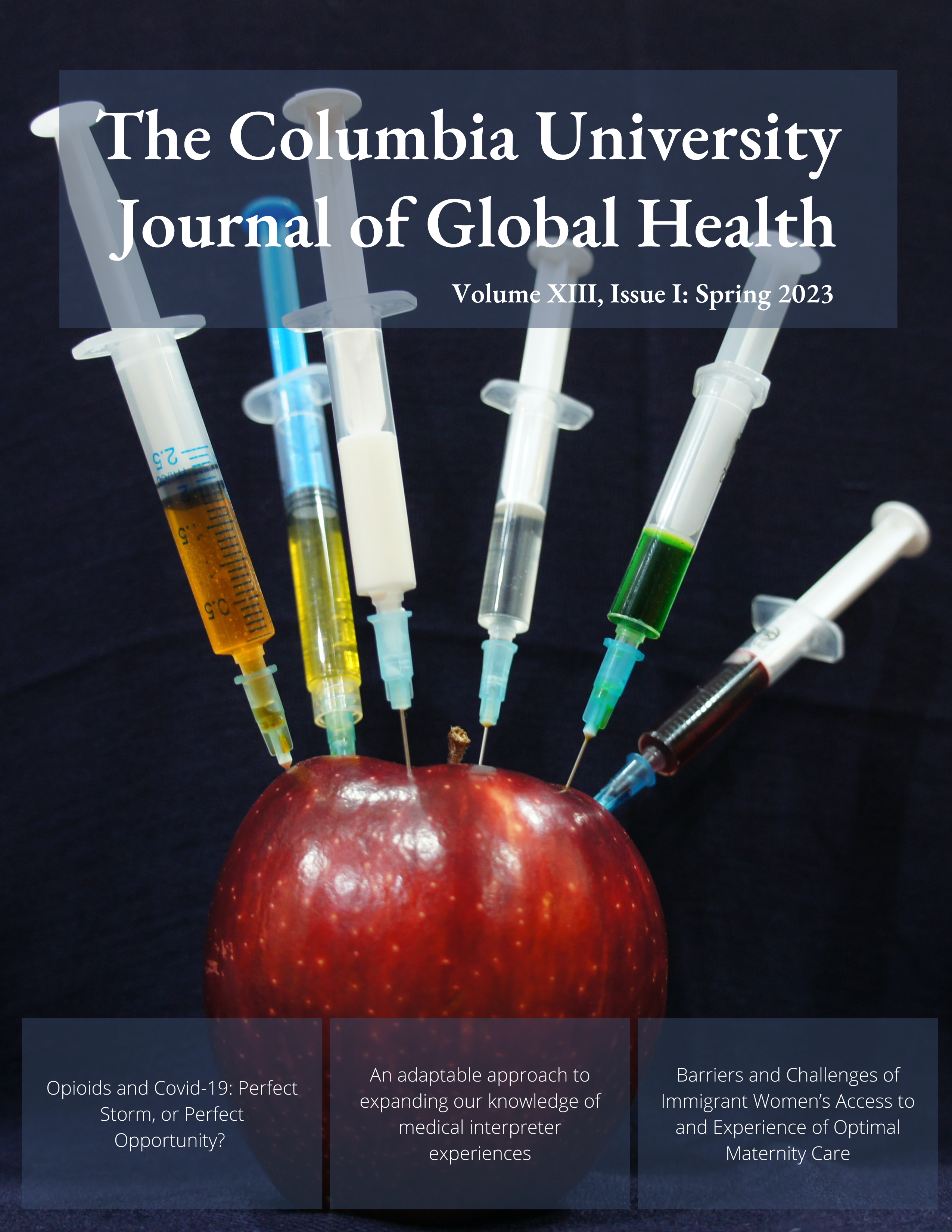Barriers and Challenges of Immigrant Women’s Access to and Experience of Optimal Maternity Care
Main Article Content
Abstract
With an increase in immigrant populations, healthcare systems are experiencing a new wave of ethnic-cultural diversity among patients. For the 48.1% of women among global migrants, maternal healthcare services are often the first level of contact with new healthcare systems in countries of resettlement. However, immigrants face many barriers, including socioeconomic and language considerations. As maternal care requires frequent contact with health care services through all stages of pregnancy, ensuring the quality of care is important to protect maternal and infant health. Using a systematic review method analyzing 17 articles from PubMed and Google Scholar in the past 20 years, 3 overarching themes were identified: lack of access to prenatal care, cultural insensitivity during in-hospital settings, and challenge in identifying and experiencing post-partum depression. This literature review reveals the broader influences and contextual variables in maternity care and highlights problems relating to the acceptability and accessibility of maternity services for immigrant women. Overall, this paper reveals the importance of considering immigrants’ socio-cultural context of childbirth practices, creating more accessible prenatal classes, and addressing disparities in postpartum depression. This knowledge can better inform health services delivery and formulate health promotion strategies to address discrepancies in maternal health outcomes.
Article Details

This work is licensed under a Creative Commons Attribution 4.0 International License.

